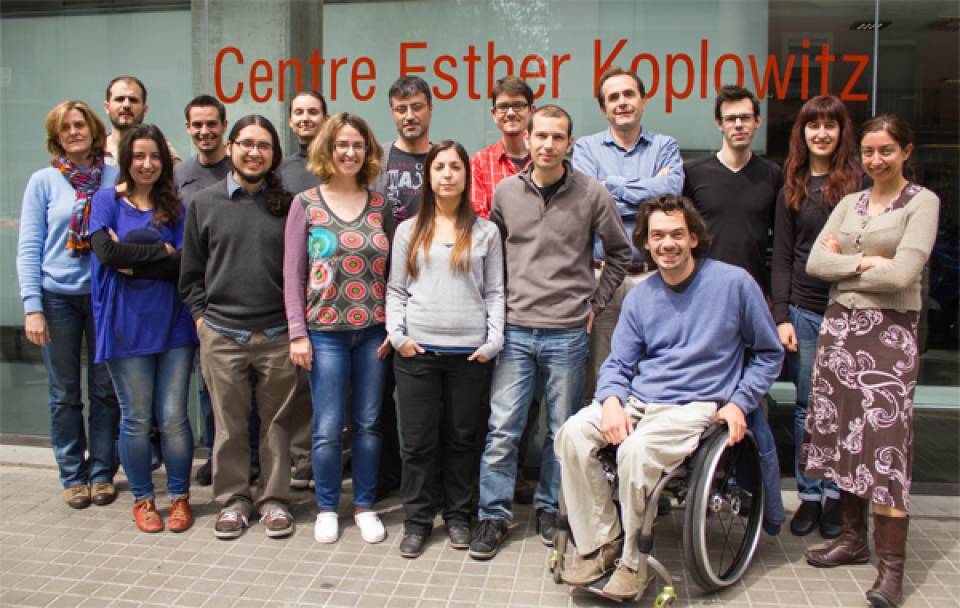“Non-coding DNA, or junk DNA as it is sometimes known, is the dark matter of the genome. We’re only just beginning to unravel what it does,” said leading author Professor Jorge Ferrer, head of the IDIBAPS team Genomic Programming of Beta Cells and Diabetes and a Wellcome Trust Senior Investigator from the Department of Medicine at Imperial College London. The team identified genome sequences that drive gene activity in insulin-producing cells specifically. They found that these sequences are located in clusters, and that genetic variants known to be linked to diabetes risk are also found in these clusters. “Many people have small DNA variants in such regulatory elements, and these variants affect gene expression in the cells that produce insulin. This knowledge will allow us to understand the detailed mechanisms whereby specific DNA variants predispose to diabetes,” said Professor Ferrer.
Article reference: Lorenzo Pasquali,Kyle J Gaulton,Santiago A Rodríguez-Seguí,Loris Mularoni,Irene Miguel-Escalada,Ildem Akerman,Juan J Tena,Ignasi Morán,Carlos Gómez-Marín,Martijn van de Bunt,Joan Ponsa-Cobas,Natalia Castro,Takao Nammo,Inês Cebola,Javier García-Hurtado,Miguel Angel Maestro,François Pattou, Lorenzo Piemonti,Thierry Berney,Anna L Gloyn,Philippe Ravassard,José Luis Gómez Skarmeta,Ferenc Müller,Mark I McCarthy & Jorge Ferrer. Pancreatic islet enhancer clusters enriched in type 2 diabetes risk-associated variants. Nature Genetics (2014) doi:10.1038/ng.2870. Received 27 March 2013 Accepted 12 December 2013 Published online 12 January 2014 Read the Abstract
Information Via: Imperial College London

